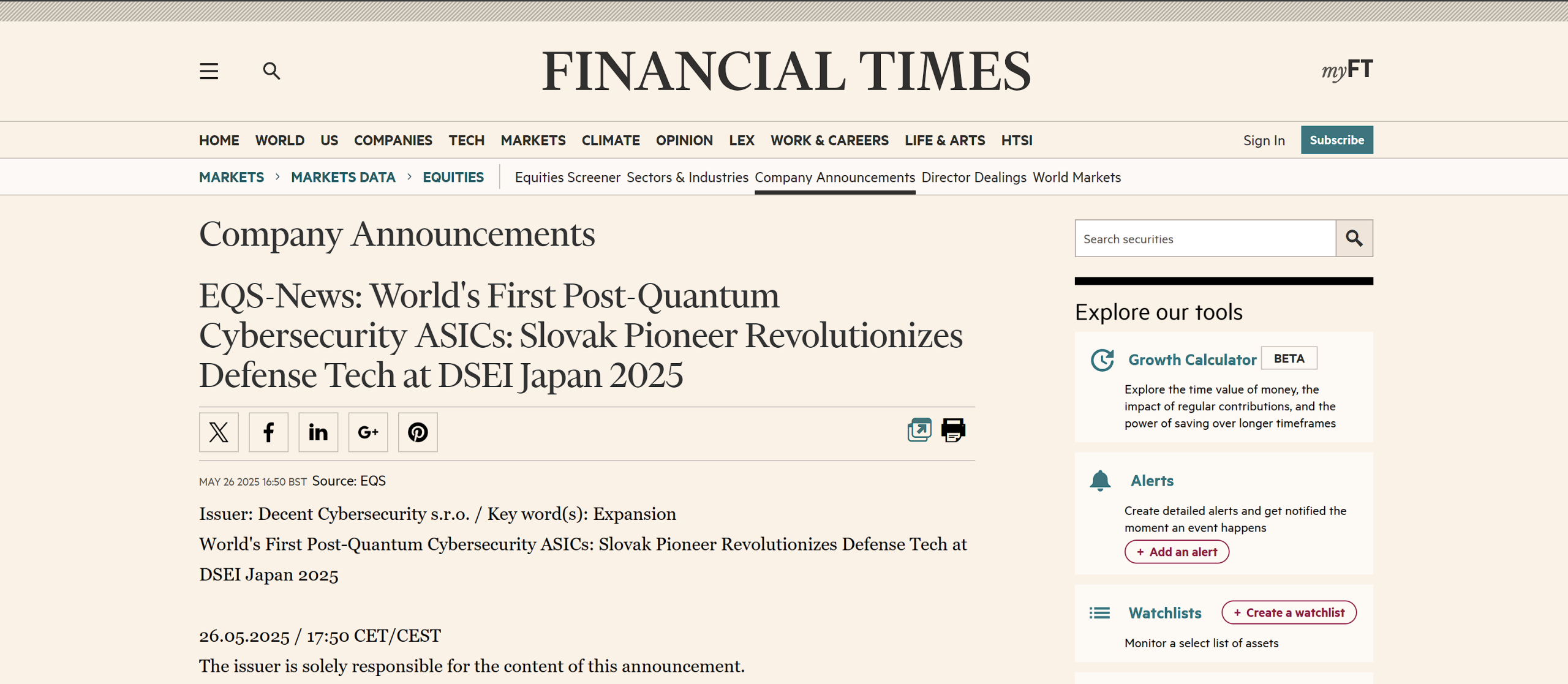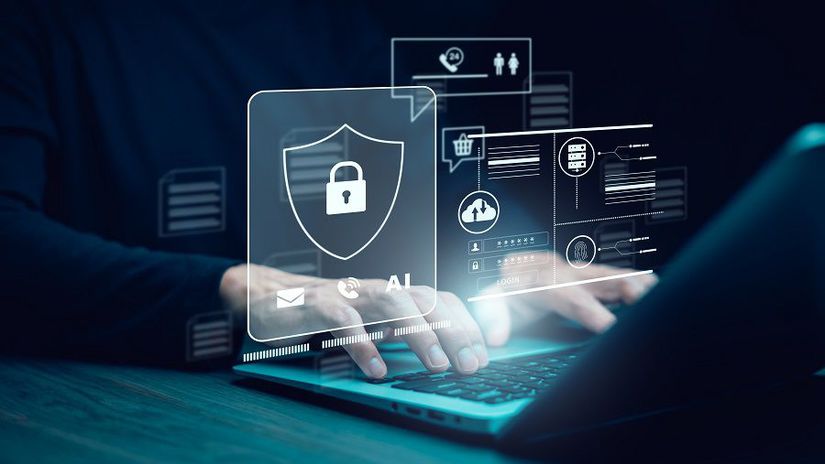When Spain’s power grid collapsed last month, the country experienced a national blackout that lasted nearly 24 hours. It halted public transport, overwhelmed hospitals, and triggered financial losses in the millions. While Spain scrambled for answers, experts pointed to a combination of poor integration of renewables and cybersecurity lapses as the root cause.
Slovakia is now at a critical moment. With the country pushing toward a 2030 target of 19.2% energy from renewables, including 1,755 MW from hydro, 1,200 MW from solar, and 500 MW from wind, there is no room for error. The incident in Spain serves as a warning.
Cyber resilient energy transition: A must, not a luxury
The phrase cyber resilient energy transition captures exactly what Slovakia needs. Building a green grid is not enough. It has to be smart, secure, and adaptable. A cleaner energy mix also means more decentralization, more digital interfaces, and more attack surfaces for malicious actors.
Slovakia, however, is not standing still. In 2021, the government adopted a National Cybersecurity Strategy. More recently, legal updates effective from January 2025 have aligned Slovakia with the EU’s NIS2 and CER directives. As the fourth country in the EU to implement these changes, Slovakia is showing leadership in critical infrastructure protection.
But regulation alone is not enough.
Three layers of defense for Slovakia’s power grid
To truly enable a cyber resilient energy transition, Slovakia must apply a layered approach: Firstly, modern grid systems must include intelligent load management, automatic islanding, and predictive analytics to localize failures and reduce cascading effects. Furthermore, cybersecurity for energy means 24/7 surveillance of IT and OT systems, early threat detection, and rapid response capability. Lastly, strong oversight, regular risk assessments, and international coordination ensure that responses to threats are swift and synchronized.
Spain’s experience shows the dark side of going green without cyber readiness. If Slovakia wants to reap the benefits of renewables while maintaining national security, a cyber resilient energy transition is the only path forward.
For expert consultation regarding cybersecurity and critical infrastructure protection, contact us at [email protected].





